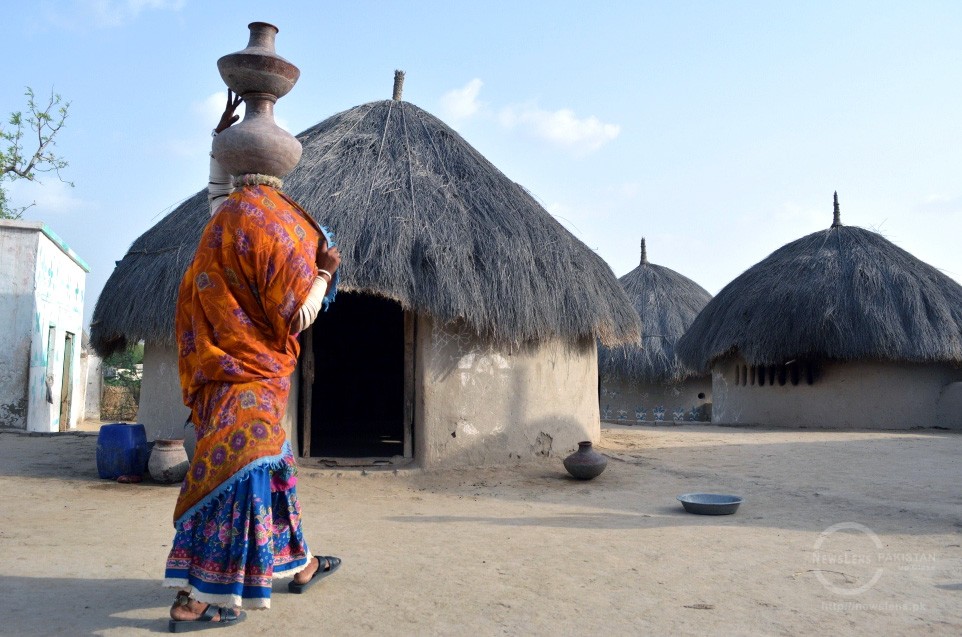
KARACHI: Sindh government is to introduce fish farming on the saline water left during the processes of ground water purification at Reverse Osmosis (RO) plants across drought-hit Thar Desert.
The fish farms on these RO plants will be started in July. The authorities have decided to introduce brackish water fish on these farms and believe that this will bring job opportunities for the local residents of Thar, majority of which are living below the poverty line.
PPP Senator and Head of the Thar Drought Relief Taj Haider said, “This is a revolutionary step, which will bring sustainable development in the area. It will also generate revenue, which will be spent for the local development.”
During a telephonic interview with News Lens Pakistan, Haider said that for these farms, the provincial government would not use its own funds. Instead, Water Purification Company that installed these RO plants will fund for these fish farms as a part of Corporate Social Responsibility (CSR). He added that these fish farms would be built on each RO plant.
Sindh’s Thar Desert is witnessing severe drought for past three years. According to official data of Sindh government, due to severe drought, from December 2013 to May 2015 approximately 1053 people have died in Tharparkar including 159 adult man, 168 women and 726 children under five and around 3814 livestock died in the same period due to malnutrition.
Sindh government initiated massive level relief operation that includes RO plants to purify highly brackish underground water into drinking water. But out of 750 planned RO plants, only 345 plants have been installed so far.
Sindh government is planning to initiate Tilapia Fish farming so that communities may get benefit from fish farming. Presently, at these plants, during the purification process, a huge amount of salt water is left behind, which is thrown until now but Sindh government is planning to use it for the fish farming.
Reverse Osmosis is a technique for purifying highly contaminated and saline water. During this process, pressure is applied to force liquid through a semi-permeable membrane in the opposite direction. However, pure water passes through the membrane and thickly contaminated salty water is left behind. The provincial government of Sindh is planning to collect that remaining water into tanks and fill these tanks with fish seed to convert it into fish farms.
The local residents expressed their surprise over the decision and said that it will not help to reduce the effects of history’s worst drought. “Government is unable to save sheep for which desert is habitat, how can they introduce fish farming in the desert, its nothing but a joke with the people of Thar,” Bharumal Amrani, a social activist of Mithi city of Tharparkar said while talking to News Lens Pakistan. He demanded that the government must do something solid, instead of introducing such controversial projects.



